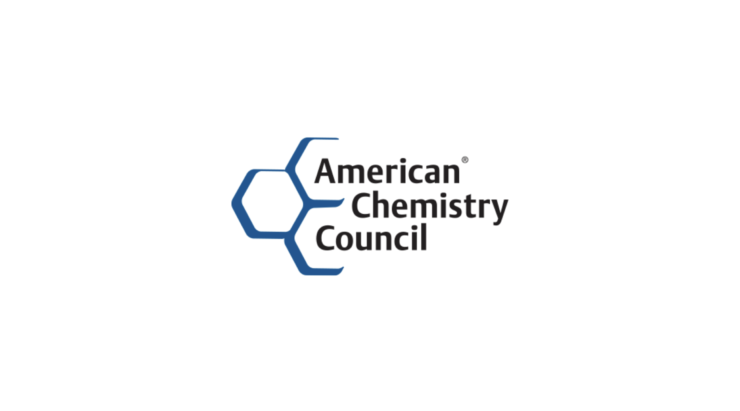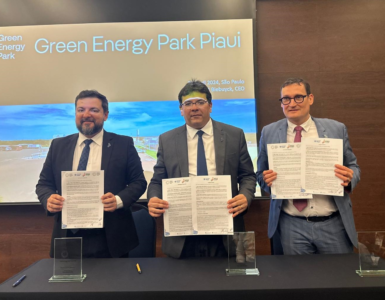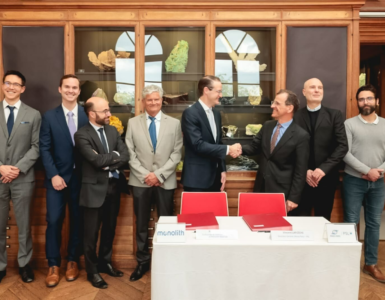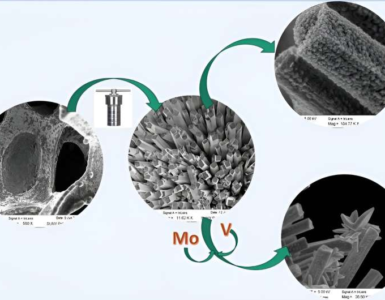ACC Testifies at Public Hearing on Implementation of Clean Hydrogen Production Tax Credit.
The American Chemistry Council (ACC) issued the following statement after an Internal Revenue Service (IRS) and Department of the Treasury public hearing on the Section 45V Credit for Production of Clean Hydrogen per the Inflation Reduction Act (IRA). ACC Senior Director for Energy, Climate & Environment Charles Franklin testified at the hearing. Earlier this year, ACC submitted comments in response to the Notice of Proposed Rulemaking (NPRM).
“ACC was pleased to testify at today’s hearing, where we outlined principles for effective implementation of Section 45V and other programs, as well as our concerns about the process to date. The chemical industry is diverse, yet united on the importance of a strong national incentive policy for clean hydrogen. Our sector is a primary source of hydrogen today and a promising sector for lower-emissions hydrogen production and use in the future.
“Our industry’s deep process expertise, existing sales and distribution channels, and opportunities to build new hydrogen markets make the chemical sector an essential stakeholder and partner in efforts to rapidly scale a lower-emissions hydrogen economy. ACC members are participating in consortia for five of the seven hydrogen hubs under development pursuant to the Bipartisan Infrastructure Law (BIL). We see lower-emissions hydrogen as a critical pathway for reducing industrial sector emissions.
🔥 What about we co-host a webinar? Let's educate, captivate, and convert the hydrogen economy!
Hydrogen Central is the global go-to online magazine for the hydrogen economy, we can help you host impactful webinars that become a global reference on your topic and are an evergreen source of leads. Click here to request more details
“In our testimony today, we urged the administration to consider several principles for implementation of Section 45V and other IRA/BIL programs. These include support for diverse sources and processes, including all types of lower-emissions hydrogen technologies; regulatory certainty for timely investment decisions; access to infrastructure, feedstocks, and innovative chemistries; a clear pathway from investment decision to permitting and operations; and complementary policies for building out a lower-emissions electric grid.
“In addition, businesses must be able to rely on the lifecycle methodologies and rules in place at the time investment decisions are made. The Section 45V rules and methodology should maximize the use of validated facts and data when making lifecycle interpretations. Since the 45V program is an incentive, not a regulation, the administration must guard against regulatory overreach in interpreting its authority.
“We have numerous concerns about the implementation process to date. While lifecycle analysis modeling is an evolving science, companies need to know that business calculations will ‘hold’ through the life of the tax credit, so taxpayers should be allowed to use the same GREET version available at the start. In addition, the proposed rule uses a new theory of ‘induced grid emissions’ that is not supported by the IRA, the Clean Air Act, or EPA precedent. It should be revoked.
“The rule should account for potential delays in completing the verification process, and the Department of Energy needs to complete provisional emissions rate determinations before businesses have analyzed and chosen technology and facility design concepts. The GREET model should prioritize verifiable data over fixed assumptions, and the rule should allow use of ‘book and claim’ accounting for lower-emissions hydrogen production using renewable gas.
“ACC looks forward to continued discussion as to how to improve the 45V tax credit and other IRA/BIL programs.”
READ the latest news shaping the hydrogen market at Hydrogen Central
ACC Testifies at Public Hearing on Implementation of Clean Hydrogen Production Tax Credit.








